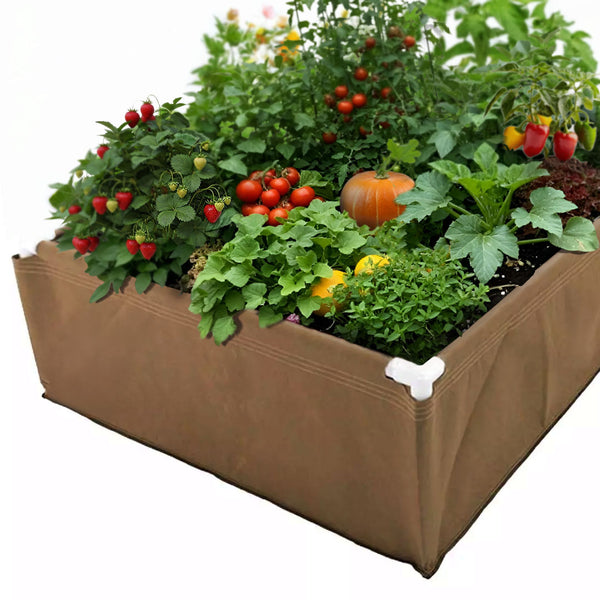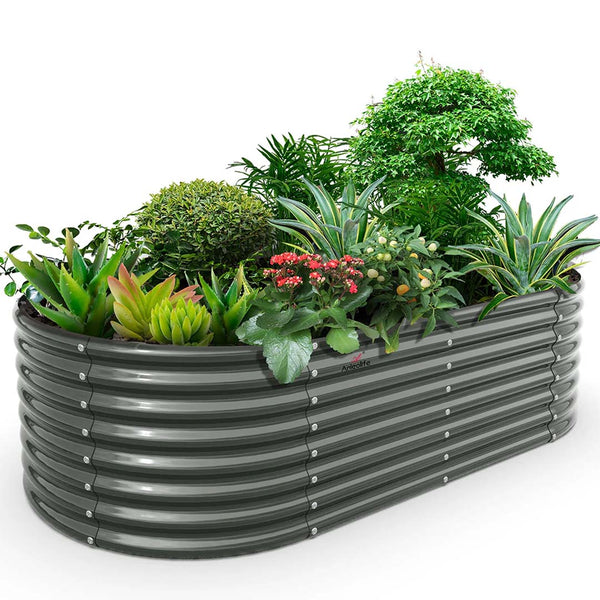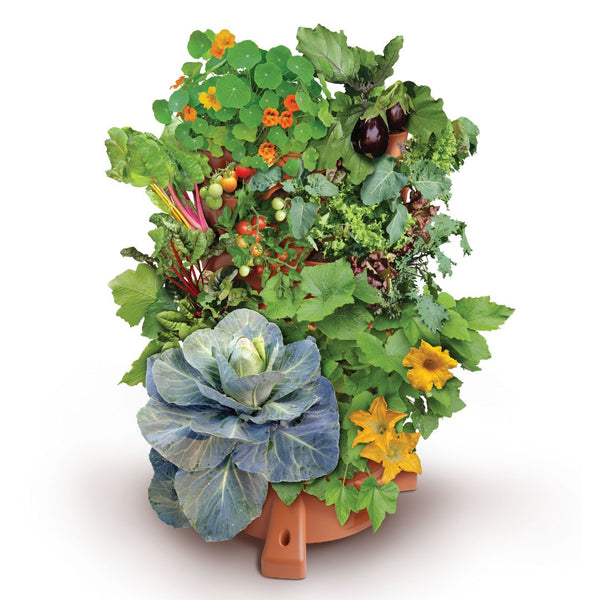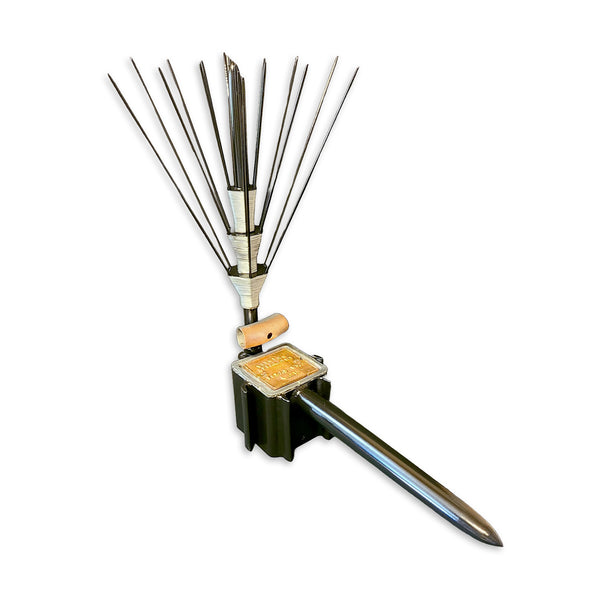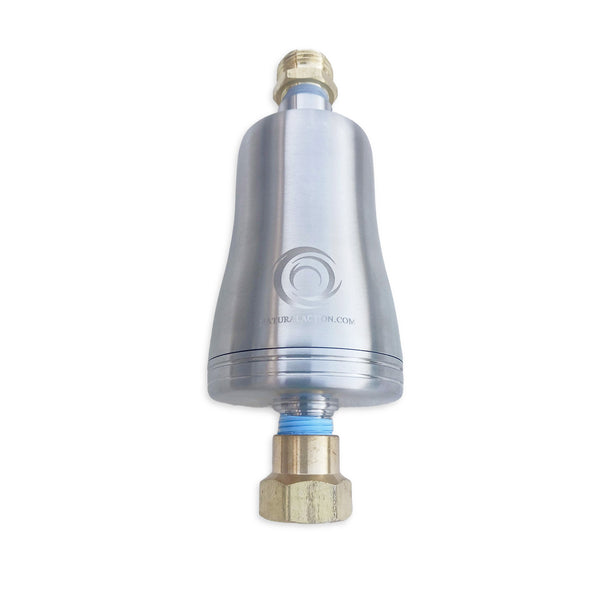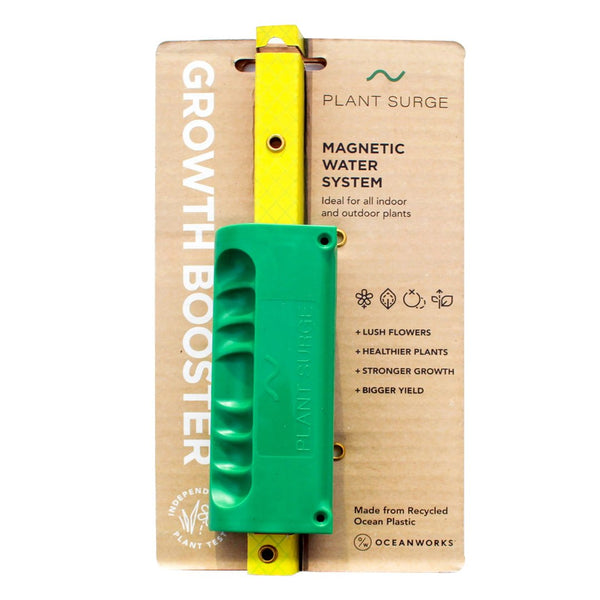The Century-Long Investment: Biochar Price That Seems Expensive Until You Consider Its Lifespan

Activated Biochar Overview
Understanding Biochar Economics
Let's chat about the price tag we see when we're dealing with activated biochar and why it's worth it in the long haul for our gardens. At first glance, dropping cash on wood biochar might give you a pause. Think about it: you're looking at $350 a ton and another $8 for putting it on. If we go by the book and slap on the full 10 tons per acre, you're seeing a $3,580 tally per acre. Yes, that’s a chunk of change up front, but it’s a one-and-done deal that keeps giving for ages.
| Item | Cost per Ton | Total Cost per Acre |
|---|---|---|
| Wood Biochar | $350 | $3,580 (10 tons) |
| Application Cost | $8 | Included in total |
The long-term perks of biochar are hard to ignore. It jazzes up soil quality, stocks up carbon, and hangs onto nutrients, making our plants all the happier and more productive. Year after year, the payoff piles up, letting us sleep easy knowing biochar’s a smart play for gardeners like us aiming for that sustainable edge.
Globally speaking, the biochar scene's heating up. Back in 2023, it was a $600 million market, and folks are tossing around numbers like nearly $3.5 billion by 2025. This boom isn't just for show; it reflects how biochar's carving out a niche in carbon credits and sustainable farming.
With biochar catching on, prices are seeing some wild swings. By 2025, sellers are looking at $187 per metric ton to stay in the black, expecting a dip to $180 by 2030. Buyers, however, have wallets hoping for $155 in 2025 and $130 a few years later. This mismatch shows us there's room to grow in understanding biochar’s soil health magic over time.
For those of us hooked on sustainable gardening, buying biochar from nearby sources or online is a savvy way to invest in this awesome soil booster. Whether we mix it into our compost or lay it straight in the garden, activated biochar’s got the goods. It’s the go-to choice if we’re all about staying organic and planet-friendly. Checking out biochar products helps us pick the top options for our garden’s needs.
Biochar Market Trends
Current Biochar Market Value
Taking a gander at the biochar market these days, the growth spurt it's enjoying is nothing short of admirable. In 2023, the worldwide biochar scene was riding high with a value hitting around $600 million, and by 2025, it's looking to skyrocket to nearly $3.5 billion. This uptick mainly comes from companies aiming to hit net-zero goals and fill out climate reports like eager students ready to ace their exams.
Now, the moolah talk about biochar might twist your brain a bit. For instance, if you're thinking wood biochar, you're looking at about $350 a ton. Toss in some extra for on-the-ground sprinkling at $8 a ton, and you're landing at nearly $3580 per acre if you're going whole hog with a one-time blast of 10 tons (Penn State Extension). But hey, this outlay can buoy soil health, keep those nutrients snug, and give garden gains a decent push—just like tending a plant that keeps giving back season after season.
Let's break down the dollars and cents behind the biochar buzz:
| Item | Value |
|---|---|
| Global Market Value (2023) | $600 million |
| Projected Market Value (2025) | $3.5 billion |
| Cost of Wood Biochar (per ton) | $350 |
| Application Cost (per ton) | $8 |
| Total Cost (per acre, max 10 tons) | $3580 |
| Biochar Value in Bulk | $115/ton |
| Total Biochar Value | $415/ton |
Getting biochar from Point A to Point B isn’t just about directions; transport costs have a say too. A study from Ontario claims if you want to keep your wallet intact, hauling this stuff should ideally stay under 200 km (125 miles) with a carbon offset of about $44 USD (Penn State Extension).
Peeking at pricing shows us this: there's a bit of a gulf between what the folks making biochar need to stay in the black versus what folks like us are okay shelling out. By 2025, producers need $187 per metric ton to make things work, while buyers are holding tight to $155/mt, thinking anything above that's a wallet pinch.
Staying glued to this chat about biochar, it's obvious its impact isn't just about filling pockets. We're talking soil perks and eco-friendly vibes here, too. For those itching to jump on the sustainable garden train, biochar's just a click away. We've got local options galore, and online shops waiting to cater to our garden's quirkiest fancies, check out our section on biochar for sale to see what's out there.








